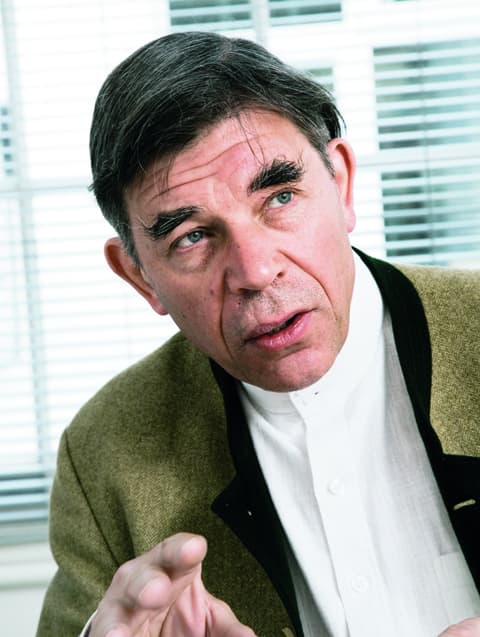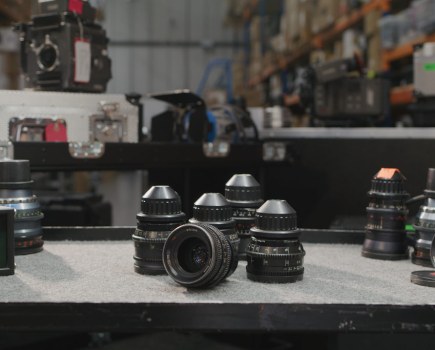Photographers hit by new law
On 16 February 2009, the right to take photographs in a public place was further restricted when the Counter Terrorism Act 2008 came into effect, writes lawyer Rupert Grey (pictured).
What the new law says
Section 76 of the newly introduced Terrorism Act 2008 states: ?A person commits an offence who elicits or attempts to elicit information about an individual who is or has been: a member of Her Majesty?s forces, a member of any of the intelligence services, or a constable, which is of a kind likely to be useful to a person committing or preparing an act of terrorism, or publishes or communicates any such information.? The law adds that a person found guilty of such an offence faces up to ten years in prison or a fine, or both.
The Home Office?s claim that it will not change anything is nonsense (see News, AP 21 February).
Under the existing law (Section 43, Terrorist Act 2000) the police can stop and search a person ?whom he reasonably suspects? to be a terrorist; he can also confiscate anything which he reasonably suspects may be evidence of terrorism.
There is an additional power (Section 44 of the 2000 Act) for a police constable to stop and search an individual ? and confiscate an article ? whether or not there are grounds to suspect a connection with terrorism, provided prior authority has been obtained. The authorisation must be confined to a geographical area and length of time.
The new offence created by the 2008 Act affects photographers in particular: it is now an offence to obtain or attempt to obtain ?information? about a police constable that is ?likely to be useful? to a terrorist. Photographs in which police constables can be identified are information. The Act is silent on whether Police Community Support Officers are included.
Presumption of guilt
There is a possible defence: the photographer has to ?adduce evidence? that he/she ?had a reasonable excuse? for taking the picture. To put it in plain English, you are guilty until you have proved yourself innocent.
This is a radical departure from the basic principle of English Law: that you are innocent until proved guilty. Until the new Act took effect, you did not need to have ?an excuse to take photographs?.
It is difficult to envisage what a valid excuse might be. A holiday snap? To illustrate an article? For fun? Because it?s a free country?
Plainly, the Government has to respond to threats of terrorism; none of us has a problem with that. But to do so in a way that directly impairs an important freedom is handing victory to terrorists.
New terror Act triggers danger signs
Danger signs
The new wording creates three dangers: the word ?excuse? is condemnatory in itself. Shifting the burden of proof from the state to the individual is a dangerous tactic. It is exactly what the Convention on Human Rights was intended to prevent.
Second, the question as to what is a ?reasonable excuse? is left hanging in the air. What is reasonable? How do you prove it? Vague phrases make bad law.
Third, it places power in the hands of the rank and file of the police without putting in place the controls necessary to prevent abuse.
There is no doubt that the stopping of photographers by the police is an increasingly frequent occurrence.
In practice, citizens who are prevented from taking photographs, or whose images are deleted, lack the time, money or determination to take the matter any further.
? Rupert Grey is an expert on photography law at Swan Turton Solicitors, London
What to do if stopped
1. Be ready with an explanation of what your photographs are for. It doesn?t matter what it is as long as it?s genuine.
2. Carry with you any evidence in support of your explanation, such as a letter, published material, membership card of whatever organisation you belong to, or a copy of AP.
3. Be polite and reasonable The police have no power to delete images. If they try to do so (and that has happened in the past), suggest politely they would be committing a criminal offence.
* See HERE for a transcription of a recent BBC Radio 4 interview with Rupert Grey about photography in public. It was recorded while taking photos in central London







